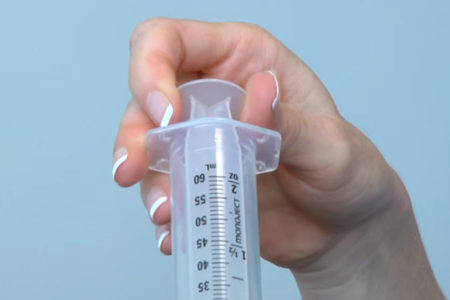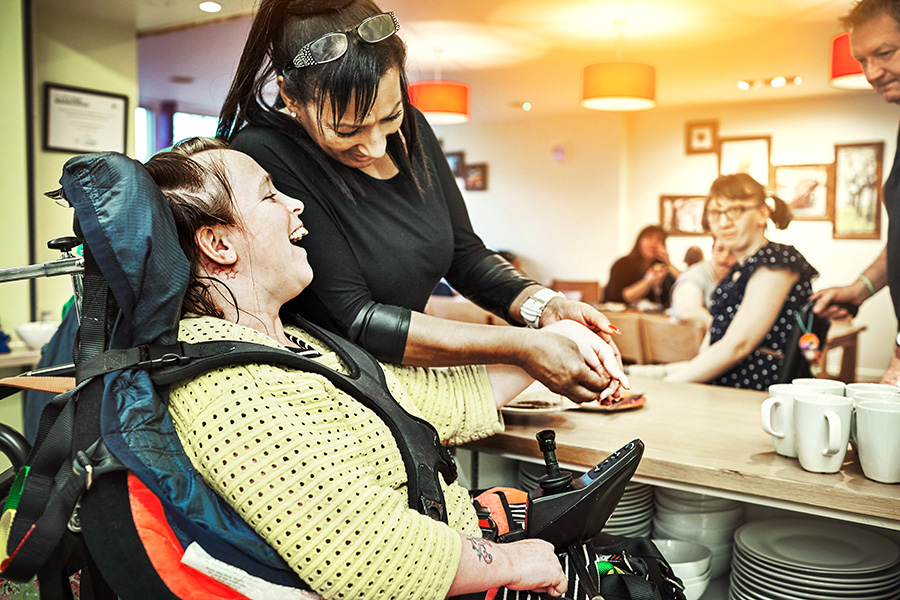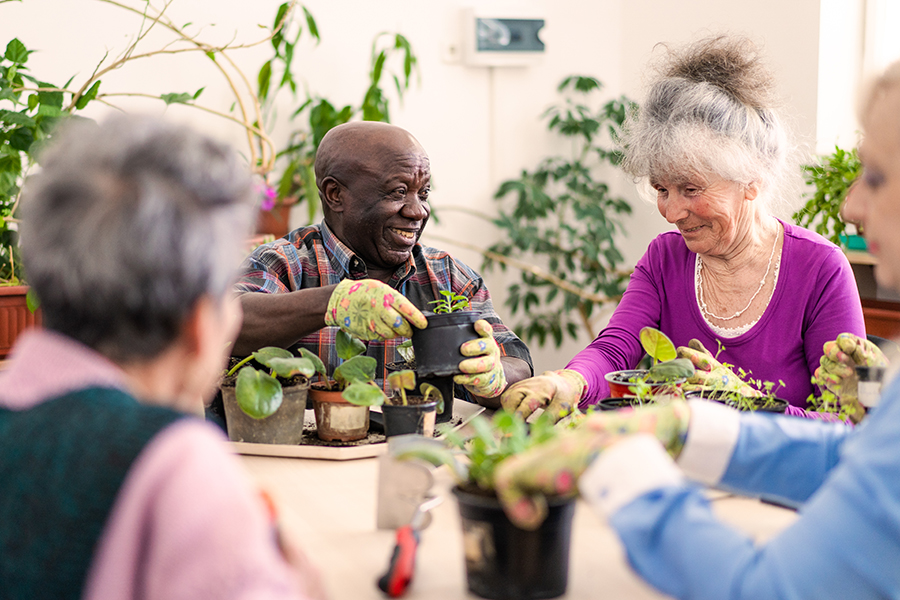My Teen with Special Needs/Disability is Interested in Dating
Teens are teens, regardless of special needs/disability or not. Puberty hits, sparks start flying and we, as parents, have no idea how to handle this new phase in your adolescent’s life. Within the special needs community, there is controversy as to whether dating is a good idea or not. My perspective is one of a parent as well as a psychologist, but as a mom first. Disability or not, our children are children and they have similar human developmental milestones along the way. Some get there faster and some get there slower, but the human need for connection and relating is one that exists regardless of disability or ability.
Ask Questions
You may notice that your teen is giggling and looking at his or her phone, speaking about one particular person and seems giddy. Your teen is likely letting you know that he or she “likes” someone. Your teen may be giving you all the signals and is waiting for you to ask. Ask questions such as:
- It seems like you may have a crush – is there someone that you like at school?
- What does it mean to you to have a “crush” or to “like” this person?
- Are you dating?
- Who asked who out?
Get a sense of what your child likes about this person as your teen is beginning to develop a sense of what he or she finds attractive in another teen and it gives you a chance to identify what is important and what is not. In essence, you will help your teen to begin to develop a dating identity and the personality or character qualities that are important to him or her in another person.
Also, talk to your teen about what it means to be dating. Each teen may have their own understanding based on what they’ve seen on social media, shows, movies and with their peers. Some teens believe it’s an intense friendship; others believe it’s two people who sit together or speak to each other daily. The definitions will vary and it’s a good idea for you to gain an understanding of what your individual teen believes is known as “dating.”
Have the Talk
Talk to your teen about sexuality and feelings and sensations within their body when they are around a person to whom they are attracted. Help them to give a label to what they are feeling as they may experience it as an unusual or unknown sensation that may be frightening and scary. Also, reinforce your teen’s body parts that are private and that the other person needs to respect your teen’s body and space. Normalize these feelings as your teen is entering into his or her next phase of development.
Establish Guidelines
As parents, we hope to keep our teens safe and to give them an understanding of what is appropriate and what is not.
For example,
- Appropriate behavior in public
- Appropriate touch vs. inappropriate touch – e.g., handholding vs groping or grabbing
- Appropriate dating activities and places to go vs. inappropriate ones
Connect with The Parents
In an effort of creating boundaries and ground rules for your teen, it’s a good idea to connect with your teen’s boyfriend/girlfriend’s parents. You can then also share with each other what you’re comfortable with and create the same parameters on both sides. You can also decide, depending on your teen’s ages, where and when they can be alone… or not, and divide the driving and supervision.
As teens can very easily become obsessed with a new relationship, you will also need to set guidelines around how much they are communicating with each other via Facetime, texting and phone. If your teen has other friends, it’s important to not abandon those relationships as this one is developing. Your teen will also need guidance on setting dates, giving gifts, and balancing school, family and other extracurricular activities.


























